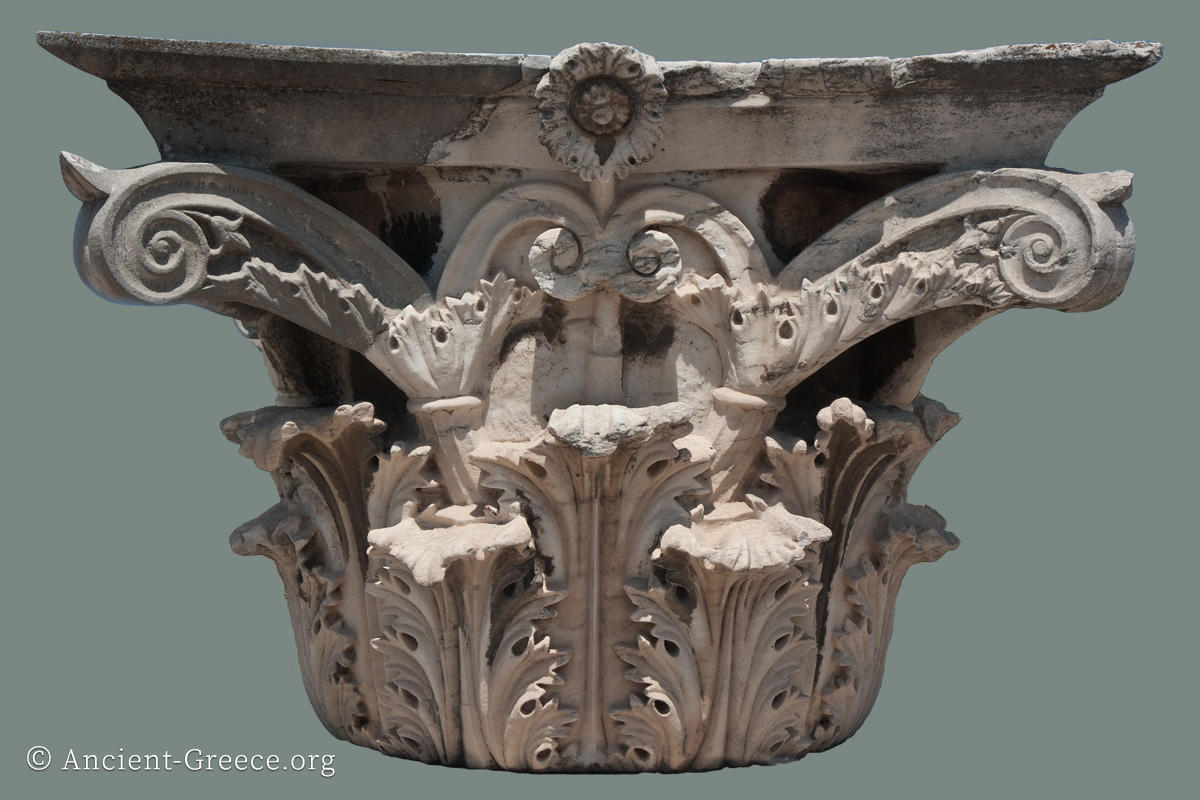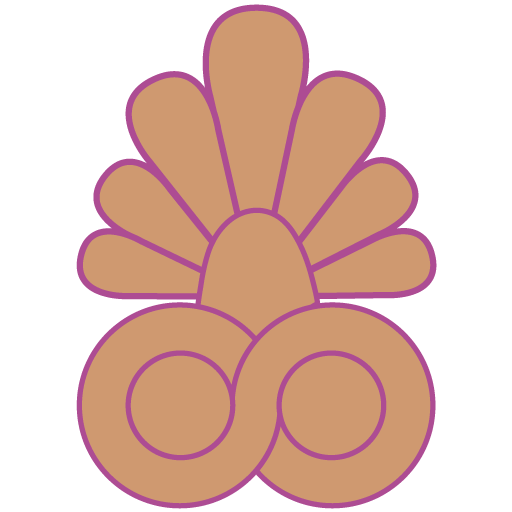Danae was the mother of the renown hero Perseus. Her father was Acrisius, king of Argos.
Perseus, one of the most renowned of the legendary heroes of antiquity, was the son of Zeus and Danaë, daughter of Acrisius, king of Argos. {206}
An oracle having foretold to Acrisius that a son of Danaë would be the cause of his death, he imprisoned her in a tower of brass in order to keep her secluded from the world. Zeus, however, descended through the roof of the tower in the form of a shower of gold, and the lovely Danaë became his bride.
For four years Acrisius remained in ignorance of this union, but one evening as he chanced to pass by the brazen chamber, he heard the cry of a young child proceeding from within, which led to the discovery of his daughter’s marriage with Zeus.
Enraged at finding all his precautions unavailing, Acrisius commanded the mother and child to be placed in a chest and thrown into the sea. But it was not the will of Zeus that they should perish. He directed Poseidon to calm the troubled waters, and caused the chest to float safely to the island of Seriphus.
Dictys, brother of Polydectes, king of the island, was fishing on the sea-shore when he saw the chest stranded on the beach; and pitying the helpless condition of its unhappy occupants, he conducted them to the palace of the king, where they were treated with the greatest kindness. Polydectes eventually became united to Danaë, and bestowed upon Perseus an education befitting a hero. From: Berens, E.M. The Myths and Legends of Ancient Greece and Rome. New York: Maynard, Merril, & Co., 1880. Text in the public domain.

